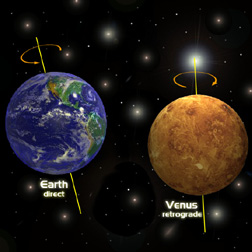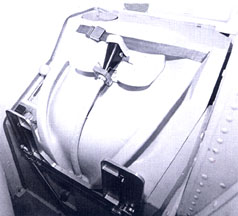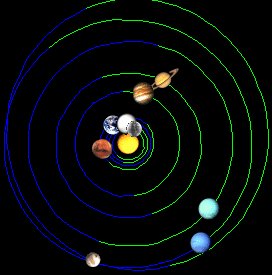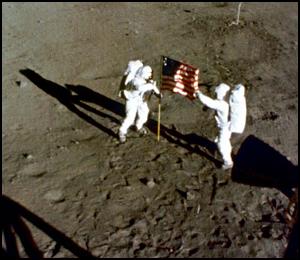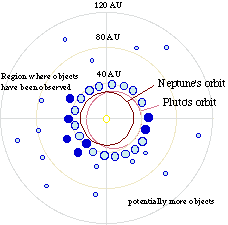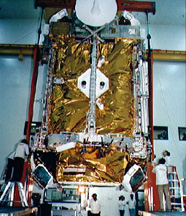Does the new millennium actually begin on January 1, 2000, or onJanuary 1, 2001?

The new millennium actually begins on January 1, 2001. But, this won't stop people from having their big parties on New Year's Eve, 1999. Many people use the Gregorian calendar, which measures time from the birth of Christ. The calendar starts with year 1, not year 0. So the first millennium begins with year 1 and ends with year 1000. The second millennium will last from the beginning of year 1001 to the end of year 2000. This means the new millennium won't start until the beginning of the year 2001. Regardless of when the new millennium begins, many computers will have problems when the date flips to the year 2000. Some computers and software, especially older machines and programs, only record the year as two digits--"97" instead of "1997". This convention uses less memory for what designers considered to be useless numbers; they figured their machines would be replaced by the turn of the century. This means that in some places, a person born in 1979 would be -79 instead of 21 years old. And you thought you'd be legal! As a side note, year 2000 is a leap year. An extra day is added every four years, except for each century. For each century, the year has to be divisible by 400 instead of just 4. That means that 2000 will be a leap year but that 1900 wasn't.
Submitted by Jeremy (Tennessee, USA)
(September 9, 1997)





